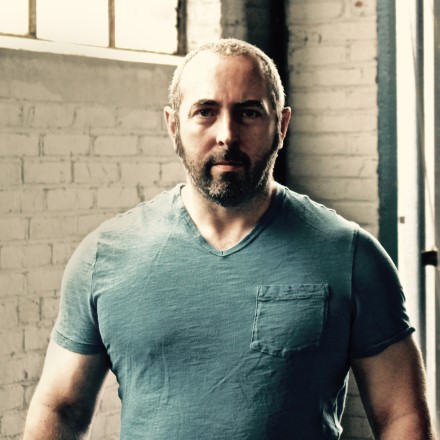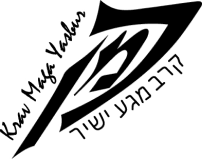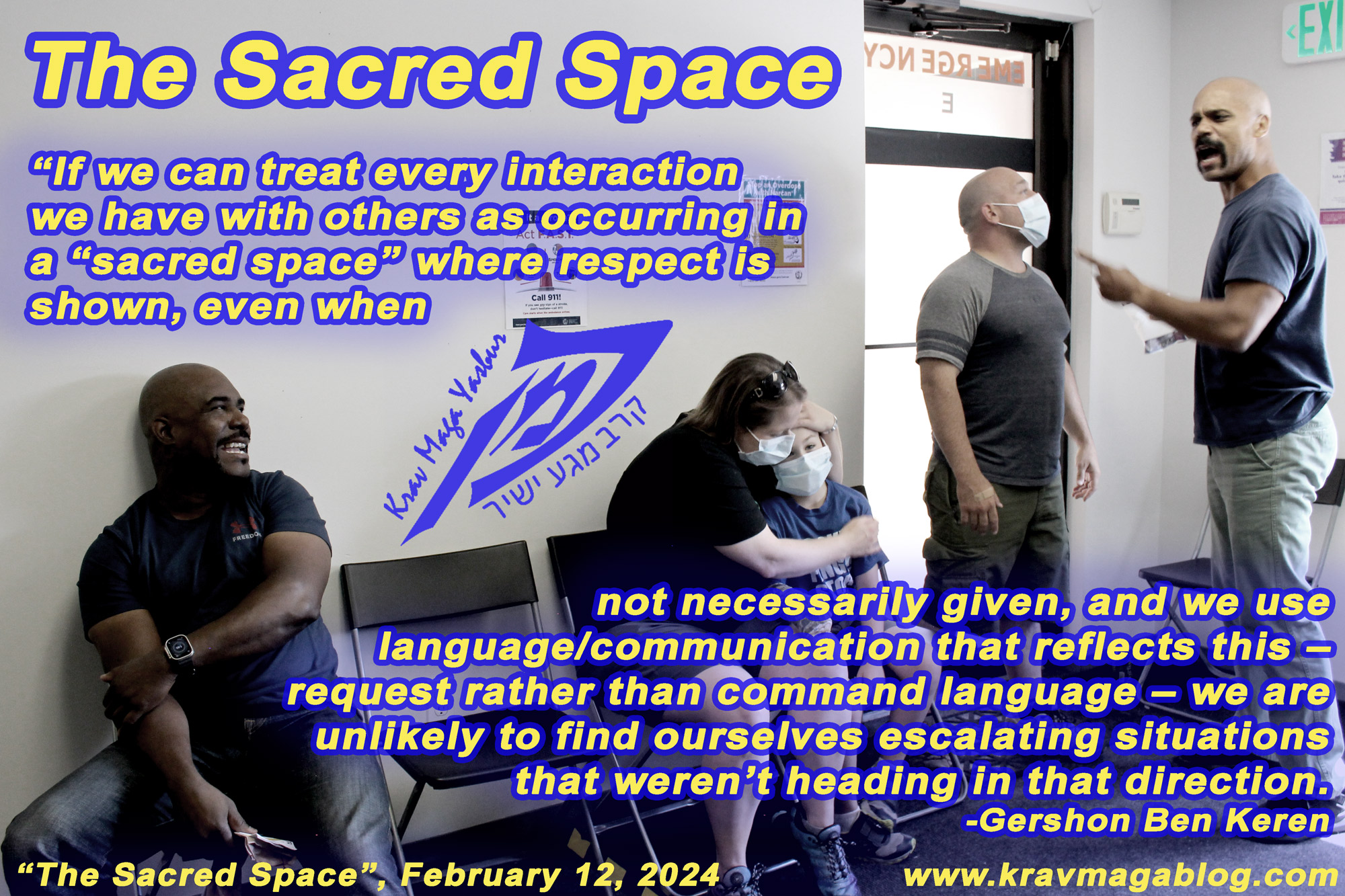When I was a teenager practicing Judo, I attended two very different dojos, for two very distinct reasons. My “main” dojo was very interested in competition and competing. It had produced several regional and national competitors and champions (I would later go on to be one of them) and was very much about producing competitive Judokas. One of the instructors had a wrestling background and would often teach wrestling applications for Judo, with the idea being that this could give us an unorthodox advantage in competition etc. The other Dojo I attended was “traditional”, with most of the instruction being given in Japanese, and an adherence to the history and traditions of the art e.g., we would start the class bowing to Joseki (the seat of the gods), and the dojo had a small model temple, which would have food left out in front of it etc. Whereas, in the “competitive” dojo, throwing someone for “Ippon” was applauded however you achieved it, in my other Judo, unless the throw was executed by relying entirely on Kuzushi (the breaking of balance), rather than with any additional strength, the throw was looked on as being inefficient and comprising of poor technique. However, I learnt some great concepts and ideas during my training there. I learnt about the idea of “ancestors”, that when you were struggling with a great difficulty/adversity in your life, you could “look behind you”, and see all of those who had gone before you, pushing at your back, forcing you forward to get past whatever obstacle you were facing. I also learnt about the idea of the instructor/sensei sharing a sacred space. In this blog I have written a great deal about de-escalation i.e., how to get an aggressor into a calm state so that they aren’t thinking about acting violently. However, I haven’t written much about communicating in a manner that inadvertently avoids escalating situations/social interactions. In this article I want to address this.
In traditional Japanese martial arts, there is the idea of there being “sacred space” between the instructor/sensei (the one who has gone before) and the student. This “space” can be seen as where the instructor’s and student’s circle in a Venn diagram intersect. It is the space where the instructor and student meet. It is unique to them and their relationship. Other students have their own “sacred space”, which they share with the instructor. It’s a concept that I like i.e., we all interact differently with others and share things, experiences etc., differently. It also makes the experience of training and teaching more specific to the individuals involved, recognizing that the way people learn, and what is needed at that moment to be learned, varies from student to student. It is an idea/concept that I have tried to replicate during my time working in security. Responding to everyone in the same way isn’t always going to be effective/successful, there isn’t a one-size-fits-all approach that will work with everyone. To be effective you have to work in the space where your circles intersect. There are however things that can be done to guide these social interactions to prevent situations from escalating, and whilst none of these things could be described as “rocket science” they are worth reminding ourselves of them so that we don’t inadvertently forget to do them.
Show respect, even when you don’t have respect. The person you are dealing with doesn’t have to know your “inner thoughts” however everyone wants to believe they are respected or deserving of respect. We have probably all experienced an interaction when we feel/believe the other person is dismissing us and doesn’t have time for us. We know how this makes us feel. If we can acknowledge another person and their perspective, this doesn’t mean we validate it, it simply means we aren’t ignoring them; one of the things that is most likely to escalate a potentially tense/aggressive situation. Listening to someone, and responding with lines like, “thank you for sharing that with me, I’d never thought about it from that perspective”, lets the person know that you are listening to them and that they’ve been heard. This in and of itself may not be a complete solution but it is a non-escalatory response that starts to lay a foundation of cooperation rather than conflict. The avoidance of “command” language and replacing it with “request” language also helps lay this foundation. There may have been times that we have felt ourselves bristle over someone’s treatment of us, without recognizing why. Often this is because we have been issued with a command rather than a request. This was one of the things I used to try and explain to security teams I worked on/with e.g., it is often more productive to say, “Could you stand over there please?”, rather than issue a command such as “Stand over there.” People don’t like being told what to do, as it forces them to observe/fulfill a subservient role and acknowledge that a power differential exists – something which challenges their ego. There may be a time when such command language is necessary, but it isn’t always the best place to start. If you’ve ever had someone in a position of power/authority, at a job interview, in a hospital setting etc., say to you, “Come with me,” and you found yourself feeling put out by it, that’s a natural reaction/response to command language.
If we can treat every interaction we have with others as occurring in a “sacred space” where respect is shown, even when not necessarily given, and we use language/communication that reflects this – request rather than command language – we are unlikely to find ourselves escalating situations that weren’t heading in that direction. This means we don’t have to think about de-escalation. If, when we are thinking about self-defense scenarios, we are always viewing them from being at the point of crisis, we are failing to recognize that we may have had a part in getting them there; either by what we said or what we didn’t say.
Share:

Gershon Ben Keren
2.8K FollowersGershon Ben Keren, is a criminologist, security consultant and Krav Maga Instructor (5th Degree Black Belt) who completed his instructor training in Israel. He has written three books on Krav Maga and was a 2010 inductee into the Museum of Israeli Martial Arts.
Click here to learn more.

